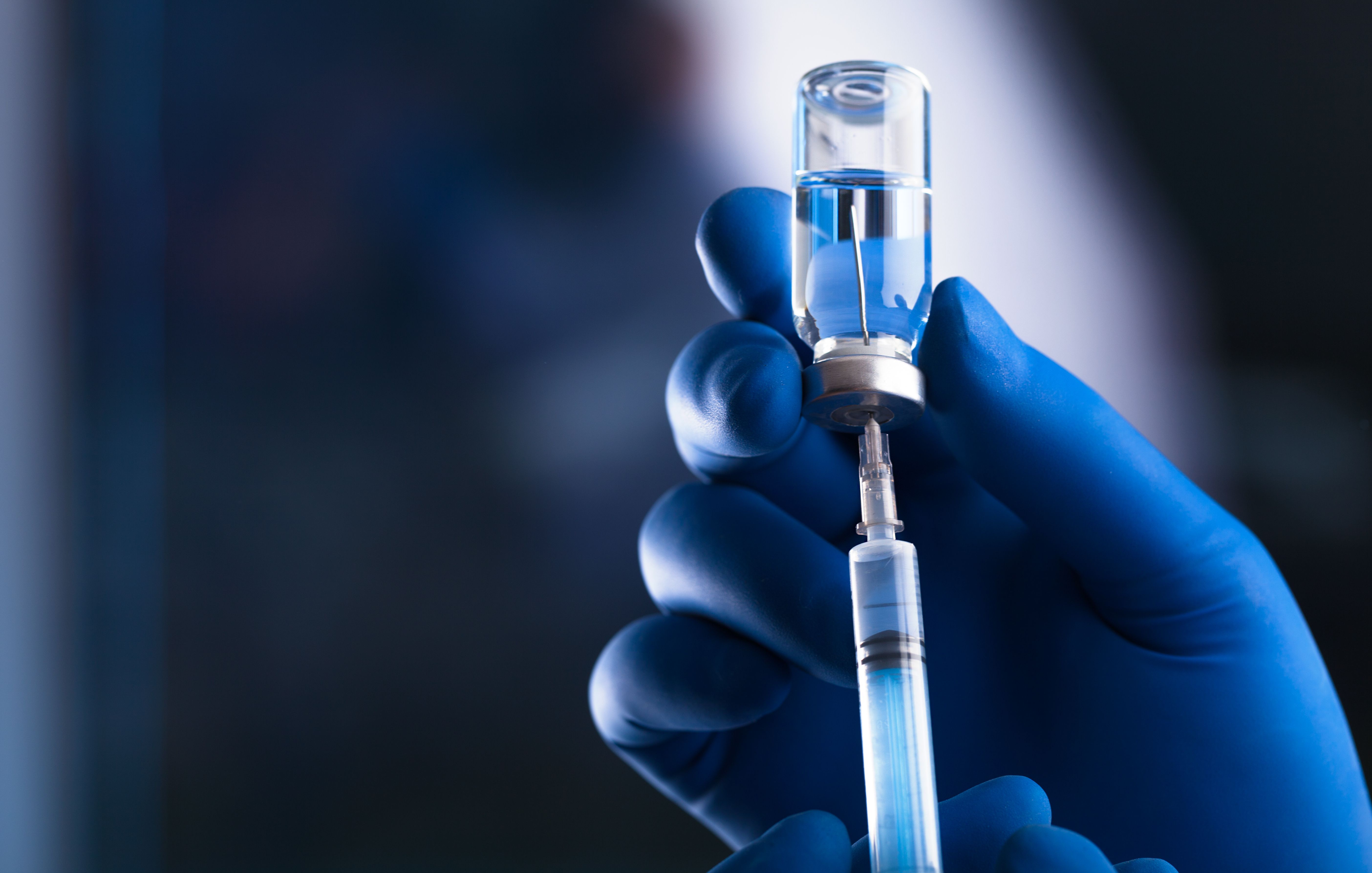Takeaways
- The study reveals that visits to a child's primary care provider do not contribute significantly to parents' knowledge and attitudes regarding the human papillomavirus (HPV).
- Despite available and effective HPV vaccines since 2006, the study indicates persistently low vaccination rates, with only 61.4% of U.S. women and 56% of U.S. men fully vaccinated in 2020.
- Parents' concerns about vaccine safety and a perception of the vaccine as unnecessary continue to be significant barriers to HPV vaccination, emphasizing the need for strategies to address these attitudes.
- The Rural Adolescent Vaccine Enterprise (RAVE) study, which involved collaboration between clinics and community groups, did not show a substantial impact on parental knowledge and attitudes toward HPV vaccination during the primary care visits.
- The study suggests a need for additional research to explore how vaccines, particularly the HPV vaccine, are discussed and promoted during both wellness and illness-focused primary care visits to effectively address low vaccination rates.
